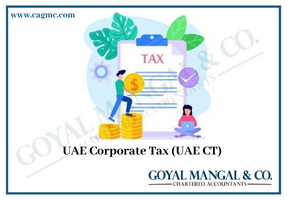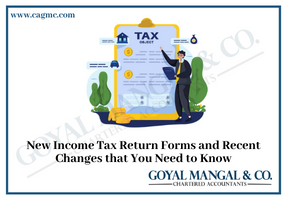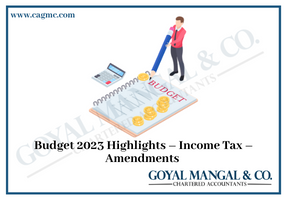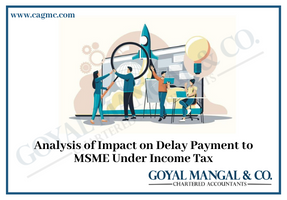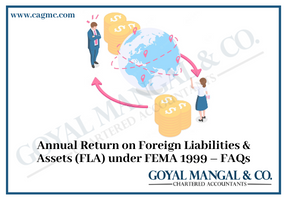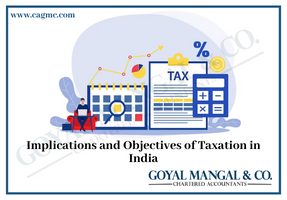In India, the Companies Act, 2013 (“Act”), governs the formation and management of companies. A company is a legal entity that can undertake business operations in its name. It can sue and be sued in its name, own property, and enter into contracts. The Act specifies different types of companies that can be formed in…
Company and LLP name reservation application is an important step in the registration process of any business entity. However, it is not uncommon to face rejection or resubmission of the application due to errors or discrepancies in the application. This can lead to delays in the registration process and affect business operations. In this article,…
A Class Action is one in which a class or group of persons who have a common grievance band together to seek remedy. It is a low-cost procedural instrument that allows a small number of people to suit the benefit of a larger group. The notion of class action has existed in other nations’ legal…
Depreciation is the reduction in the value of an asset over time due to wear and tear, obsolescence, or other factors. In accounting, depreciation is used to allocate the cost of an asset over its useful life. The Companies Act, 2013 provides guidelines for the calculation and accounting of depreciation for companies operating in India….
On 3rd October 2022, the Federal Tax Authority issued Federal Decree Law No. 47 of 2022 which shall be effective from 15 days from the issue of date of decree in continuation of UAE Ministry of Finance announcement of Federal Corporate Tax (CT) in UAE w.e.f. 1 June 2023. Such decree consists of Article 1…
Income tax is a type of direct tax the central government charges on the income earned during a financial year by individuals and businesses. It is calculated based on the tax slabs defined by Income Tax Department. The Central Board of Direct Taxes (CBDT) has notified New Income Tax Return (ITR) Forms for the Assessment…
The Finance Minister, Nirmala Sitharaman, unveiled the Union Budget 2023 on 1st February 2023. Generally, the budget before general elections is always a much-anticipated one with everyone hoping for big, bold moves. Various tax relief measures were introduced under the new tax regime. It looks like the government wants taxpayers to switch to the new…
The Micro, Small, and Medium Enterprises Development Act, 2006 came into force on 16 June 2006. It consists of six chapters which are further divided into 32 sections. This Act also provides for the formation of the National Board of Micro, Small, and Medium Enterprises. The head office of the Board is in Delhi. Section…
The Foreign Exchange Management Act, 1999 (FEMA) is a regulatory framework that governs all foreign exchange transactions in India. One of the key provisions under FEMA is the Annual Return on Foreign Liabilities & Assets (FLA), which requires Indian companies to report their foreign assets and liabilities to the Reserve Bank of India (RBI) on…
Taxation is a crucial component of any economy, including India. It is a process by which the government collects revenue from its citizens to finance its various social and economic programs. In India, taxation has both objectives and implications that are essential to understand. This article will discuss the Implications and Objectives of Taxation in…




